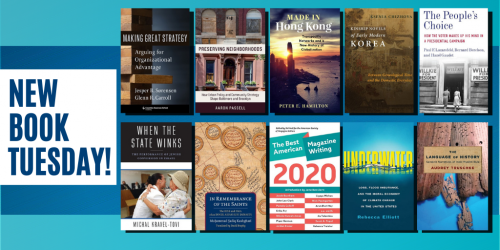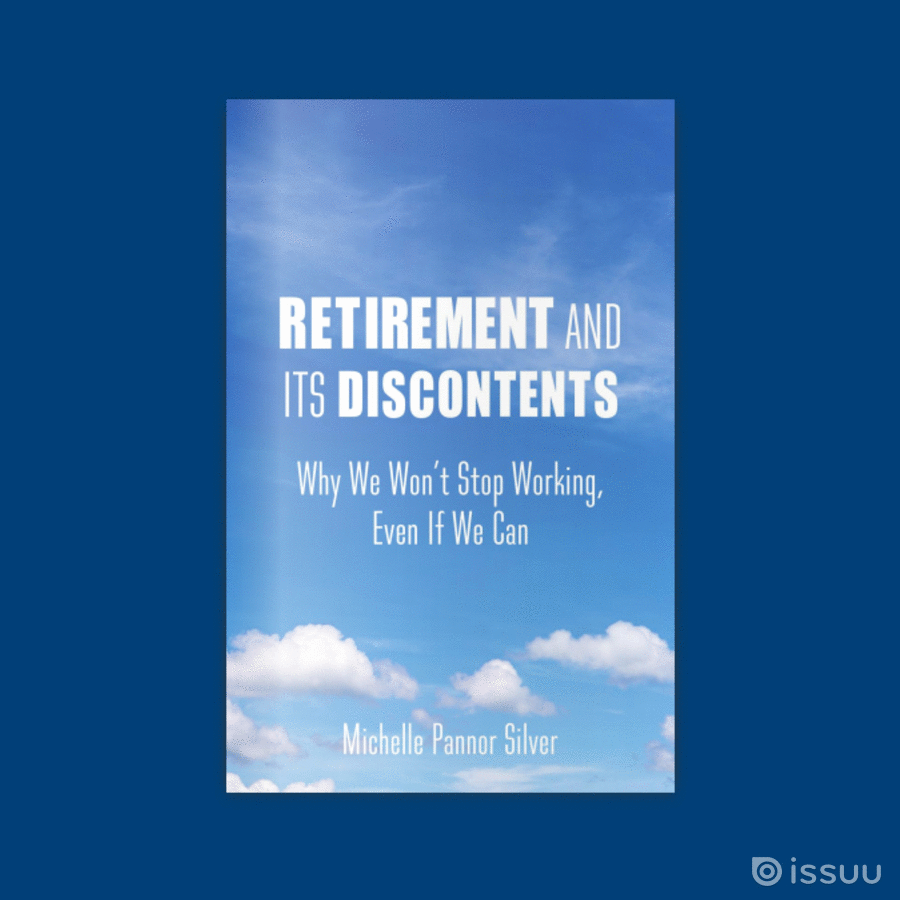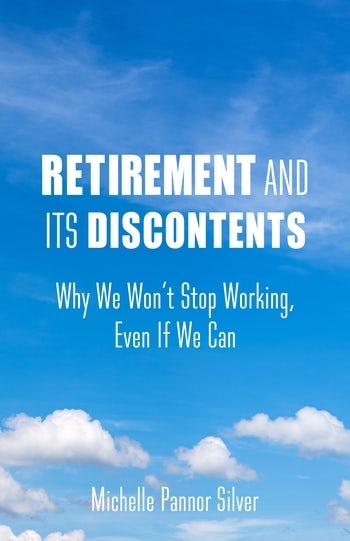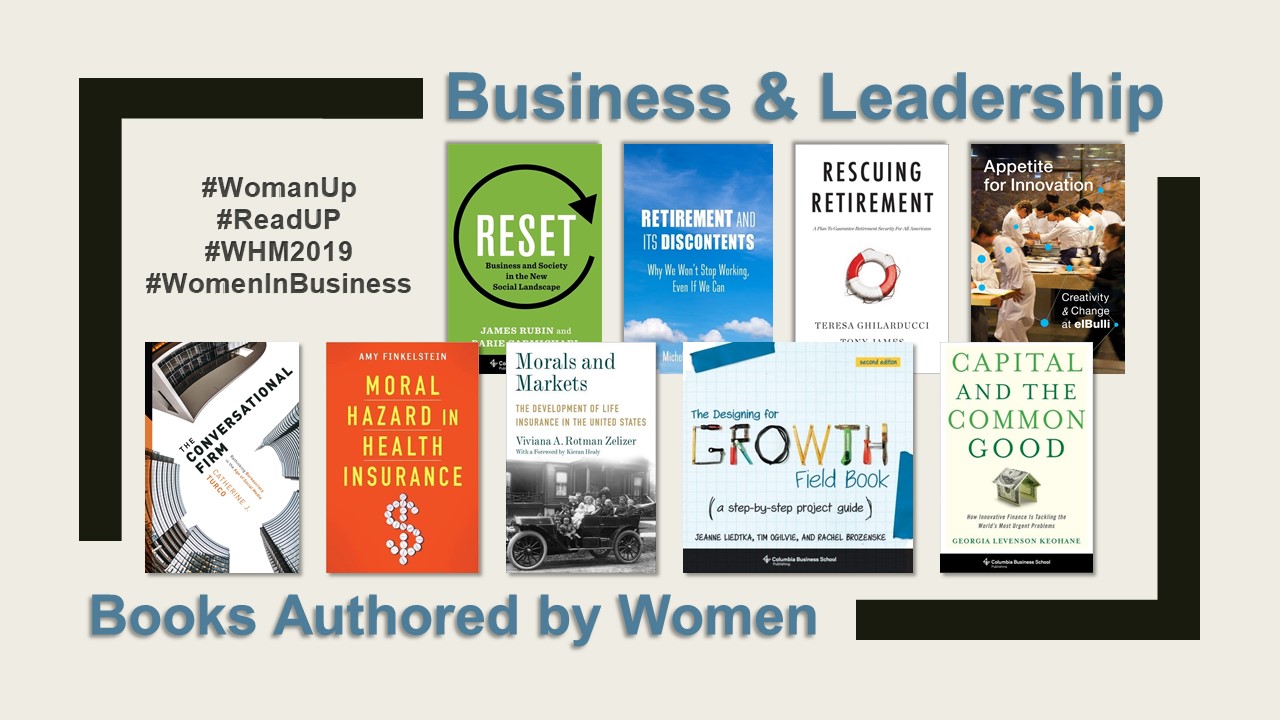Not Your Father’s Retirement
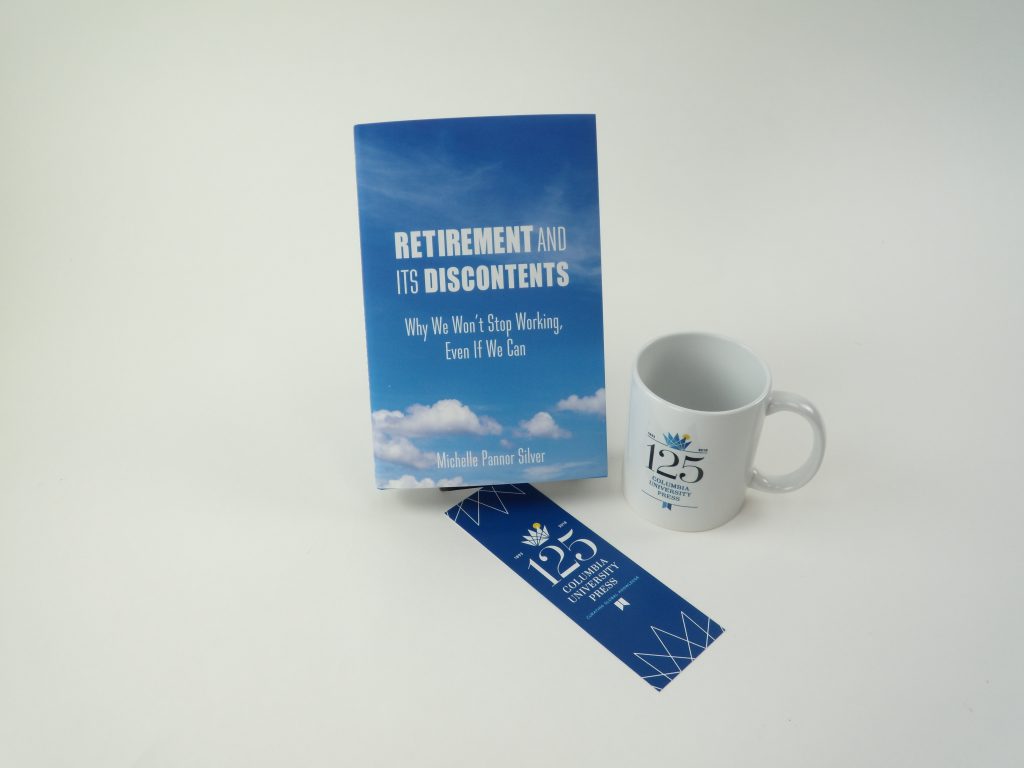
This week, one of the book’s we’ve been featuring is Retirement and its Discontents: Why We Won’t Stop Working, Even if We Can. Yesterday, we interviewed Michelle Pannor Silver, the book’s author, and today we are happy to present you with her guest post. In this post, Silver addresses the changing landscape of retirement and provides five tips to consider when planning for retirement.
Remember to enter our drawing for a chance to win a free copy of the book.
• • • • • •
What do you think of when you hear the word ‘retirement’? Do you associate it with freedom and leisure activities? Can you picture the media ads of couples leisurely enjoying long walks on the beach, traveling around the world, and enjoying side-by-side bathtubs on the edge of a cliff overlooking the ocean? Or do you imagine dull bingo games and think of your father snoring in front of the TV?
Retirement conjures different emotions for different people. Some can’t wait to retire, and for others retirement is a dreaded phase of life – the phase that marks the end of one’s productive years and brings to mind their looming death. Compared to previous generations, we are living longer. On average, we now spend upwards of a decade in retirement. In the past fifty years, the number of people who are living past the traditional retirement age has more than tripled. So now almost everyone can expect to reach retirement. Yet, no one really knows what to expect in retirement. One thing is for certain, your retirement is not going to be the same as your father’s retirement.
“So now almost everyone can expect to reach retirement. Yet, no one really knows what to expect in retirement.”
When I interviewed people for my book Retirement and Its Discontents, several told me that they imagined their retirement to be much like their father’s. Many intentionally retired at the age when their fathers had retired. Yet each found a deep sense of personal discontentment with this kind of retirement. The people I interviewed had work identities that were deeply intertwined with who they were. Their adulthoods had been characterized by giving 110 percent at work and when they retired, the steep transition to zero percent led them to not enjoy the freedom and reprieve from work that retirement afforded them. Instead, most felt burdened by life without work. They had to confront a mismatch between their idealized retirement and the reality of a different status, source of income, and ultimately a new identity.
Going from having a highly structured day, with regular meetings and work deadlines to having no expectations and no set schedule can be a rough transition. It is especially challenging when retirement is imposed, forced, or happens arbitrarily because you turn a certain age. There are many books out there about financial planning for retirement, and you should read them. The financial aspects of retirement are really important. But it is also important to plan for the non-financial aspects of retirement.
“But it is also important to plan for the non-financial aspects of retirement.”
One of the key takeaways I’ve learned is that retirement means different things to different people and there is no magic age that should be associated with stopping work for everyone. Some people can’t retire early enough, and for others, their most important work-related contributions come much later on in life. For the participants in my book, retirement included anything from refocusing on a different career, choosing the aspects of their career they found most fulfilling, spending more time with family, or taking time to try to develop new interests. As a society, it is important that we not time-stamp people or write them off because they have reached an arbitrary age. Below are some of the more personal takeaways or tips I learned from my interviews.
5 Tips to Consider When Planning for Retirement
- Have a financial plan and a non-financial plan
- Don’t let anyone pressure you into retirement
- Practice being retired before you jump into it
- Don’t pay much attention to the media advertisements imposing ideas about how retirees should look and act
- Seek out ways to be physically active
Learn more about retirement and it’s Retirement and its Discontents from the book’s preface.

